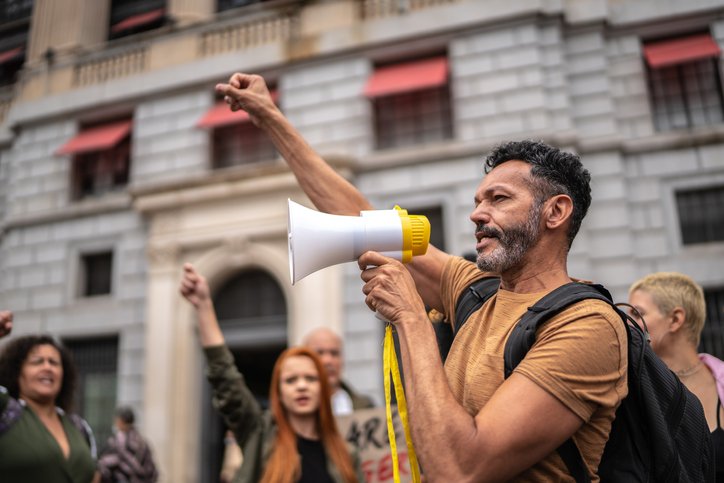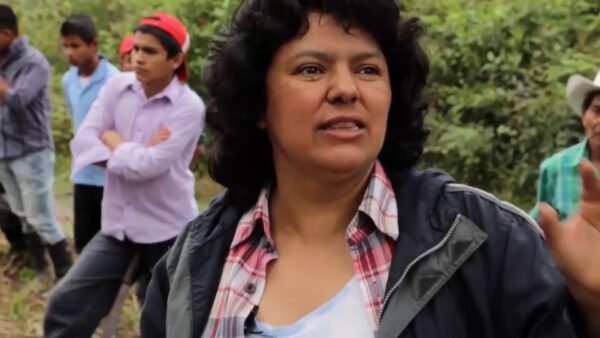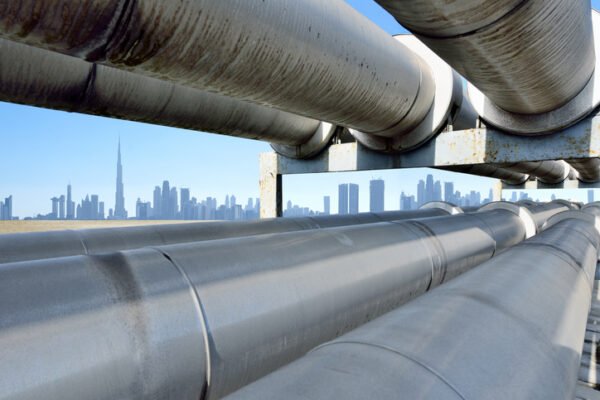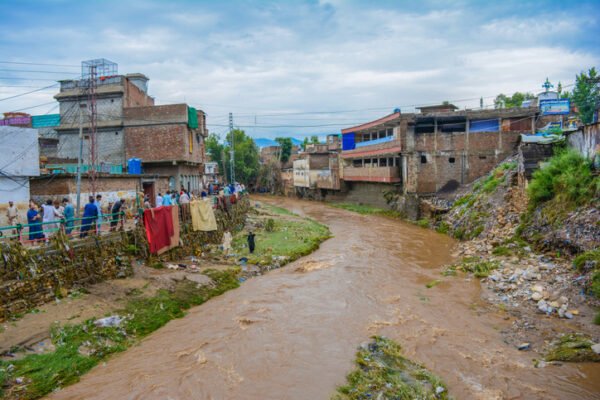Spyware on phones
The Emirati government has long sought to spy digitally on human rights defenders and other critical voices.
Among those targeted was Ahmed Mansoor, a recipient of the prestigious Martin Ennals Award for Human Rights Defenders, who was arrested in 2017 in reprisal for his peaceful activism, which included postings on social media. He was sentenced to 10 years in prison on charges of ‘insulting the prestige of the UAE’.
Investigations by journalists and civil society organisations, and a UK court ruling, have found that the UAE is likely behind the digital surveillance of multiple public figures.
These include the late Emirati human rights defender Alaa al-Siddiq, and a member of the UK House of Lords.
The country is suspected of similarly targeting writers and editors at international publications, including the Financial Times, The Economist and The Wall Street Journal.
Given its record, there is reason to believe that delegates and members of civil society attending COP28 could be subjected to unlawful digital spying.
Expanding fossil fuel production
The UAE’s own climate policies are an acute concern at COP28. Its president-designate for the conference, Sultan Al Jaber, heads the state oil company, ADNOC, one of the world’s largest producers of hydrocarbons, and is aggressively pursuing plans to expand its fossil fuel production.
While Sultan Al Jaber and the UAE have announced a commitment to transition to clean energy, the actual approach being taken does not aim to reduce fossil fuel production.
Instead, it often involves promoting technologies, such as carbon capture, use and storage, which are unproven (at scale) to limit emissions.
The COP28 president-designate is promoting a similar approach to this year’s climate change negotiations, as he is advocating the phasing out of emissions from fossil fuels rather than their production and use.
‘The United Arab Emirates often talks about environmentally friendly approaches to producing energy, yet all too often these are about finding ways to gloss over the fact that it is planning to increase its production of hydrocarbons. We can’t allow them to use the COP28 presidency to promote the same approach globally. Accelerating the phasing-out of fossil fuels must be a priority for this COP28 because without it we are on course to exceed previously agreed limits on the rise in global temperature, with increasingly disastrous implications for humanity.’
HEBA MORAYEF
Amnesty International’s regional director for the Middle East and North Africa
COP28 background
COP28 is the 28th annual convening of the ‘Conference of Parties’ to the UN Framework Convention on Climate Change, which sits at the core of global efforts to prevent catastrophic climate change by limiting the average increase in global temperature to 1.5°C above pre-industrial levels.
It will take place in Dubai from 30 November to 12 December. The Bonn Climate Change Conference (05-15 June) acts as a prelude to COP.
Last year, COP27 was held in Egypt amid a brutal, sustained crackdown on dissent by Abdel Fattah al-Sisi’s government.
‘The Bonn Climate Conference is an opportune occasion to stock take the status of implementation of the outcomes and breakthroughs achieved in Sharm el-Sheikh. It also provides an opportunity to pave the way towards achieving remarkable progress at COP28 in the UAE later this year.
‘This is most urgent given that the climate crisis is becoming the new reality and we are forced to deal with its consequences on a daily basis.
‘Acknowledging this, we must seize every opportunity to renew our science-based collective resolve to adhere to the principles of the UN Framework Convention and the Paris Agreement in order to strengthen our response to ensure observing the Paris temperature goal, keeping the 1.5 degrees within reach, effectively adapting to a changing climate and sufficiently responding to the different forms of losses and damages.’
SAMEH SHOUKRY
President of last year’s COP27 in Egypt
The Egyptian authorities’ disdain for human rights led to violations both before and during the conference, even within the UN-run area that is supposed to be safe from government intimidation and surveillance.
In addition to concerns about civic space, digital surveillance and climate policy, the UAE has a poor human rights record with respect to the protection of migrant workers from arbitrary detention and deportation, and exploitation of their labour; women’s equality with men before the law; and the criminalisation of consensual sexual conduct between adults.
In armed conflicts in Libya and Yemen, its direct and indirect intervention has implicated it in serious violations of international law.
 Play Video about This Rock Might Just Save The World
Play Video about This Rock Might Just Save The World Play Video about Play 2 hours of rock
Play Video about Play 2 hours of rock Play Video about Play 2 hours of brook
Play Video about Play 2 hours of brook Play Video about Play 2 hours of sheep
Play Video about Play 2 hours of sheep















































